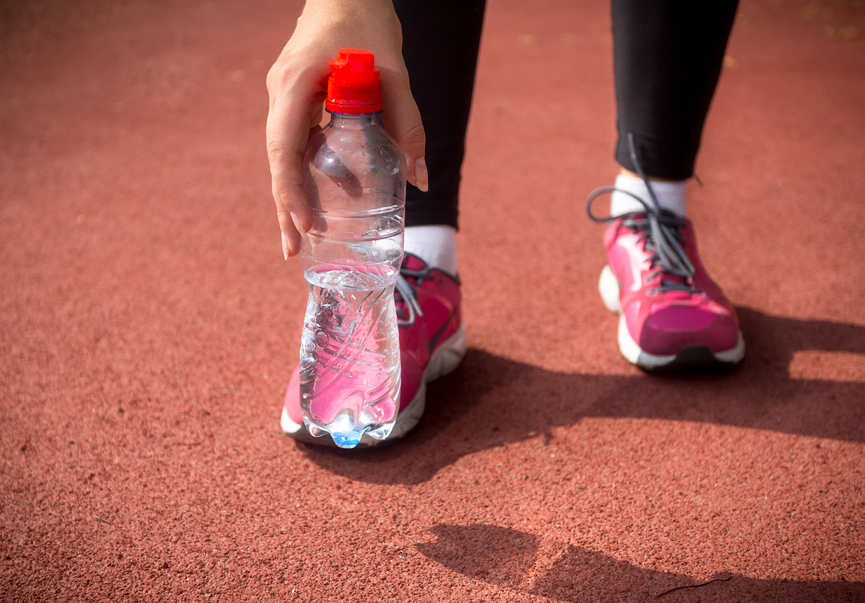The human body is about 60 percent water. The surface of the earth is covered in more than 70 percent water. Water is responsible for keeping every living thing on earth alive. Of course, the amount of water needed by every living thing on earth can vary to extreme limits.
Cows bred for milking can drink up to 100 gallons of water a day where a pocket mouse can go a year without. Obviously, humans are somewhere in between. Without water, we’ll last around three days. It won’t be a very pleasant three days, either.
Water helps us regulate our body temperature. On hot days, we sweat to lower elevated temperatures in the body. Without water, we don’t sweat, and we don’t cool down. This leads to higher body temps and an often fatal decrease in blood pressure in a few days.
Without water, our body can’t remove toxins, leading to kidney failure, and eventually death. If we are unable to stay hydrated, we eventually lose control of our body as it fights to stay alive. But it’s a losing battle in the end.
Having an extra glass of water every day is starting to sound pretty good, isn’t it? For patients undergoing duodenal switch, gastric sleeve, or gastric bypass procedures, it becomes even more important to stay hydrated. In fact, it’s suggested to drink at least 64 ounces, but WeightWise will require to drink at least 96 ounces after bariatric surgery.
The Importance of Staying Hydrated After Surgery
Making sure we have enough water every day is clearly important. After a day of playing sports or working in the yard, we can replenish many of the lost fluids in a few big gulps of water. For weight-loss surgery patients, that just isn’t an option.
A major aspect of these surgeries is to limit the amount of food that can be eaten at one time. This helps patients lose weight because they just can’t eat as much as they once did, especially in the following days and weeks of surgery. That first week is nothing but fluids and protein supplements. Vitamins will be introduced when patients are two weeks out of bariatric surgery.
However, just as the stomach can’t handle a large amount of food anymore, neither can it handle large amounts of water intake at one time. Patients are limited to small sips of water throughout the day to prevent dehydration. Staying hydrated after weight-loss surgery is the most important aspect during the first weeks.
If the amount of fluid intake is limited in one sitting, it’s important to make sure that patients have access to water throughout the day. Carrying a water bottle is one way to make sure patients are drinking enough water. Many water bottles have amounts on the side so patients will always know how much they have left to drink.
Water also will help the stomach feel full during the first few weeks of the new diet. But don’t use water to drown hunger pangs! Drinking too much at one time can cause discomfort, nausea, and belching. Remember, the body is still getting used to the smaller stomach.
Being properly hydrated also means be careful which liquids patients drink. We’ve already discussed the importance of water, but what about other drinks? It is true coffee is mostly water, but caffeinated beverages are also diuretics, which increases the need for water. Carbonated drinks can irritate the stomach, cause reflux, and will stretch out your pouch over time.
And sugary drinks won’t help with weight loss. So water and other sugar-free drinks it is. After all, soda doesn’t makeup 60 percent of the adult body, does it? Being properly hydrated isn’t just part of the healing process, it’s one of the secrets to a healthier lifestyle. Hydration aids in fat metabolism, helps the body remove toxins, keeps joints and muscles primed, and even helps skin look healthier.
Learn More About Bariatric Surgery
The WeightWise Program was designed to help obese people lose excess weight and keep it off for good. From the initial consultations with our bariatric surgeons to the pep talks from our patient advocates months after surgery, we’re here for you. Watch our free online seminar to see what makes us successful – then contact WeightWise to schedule an appointment.

